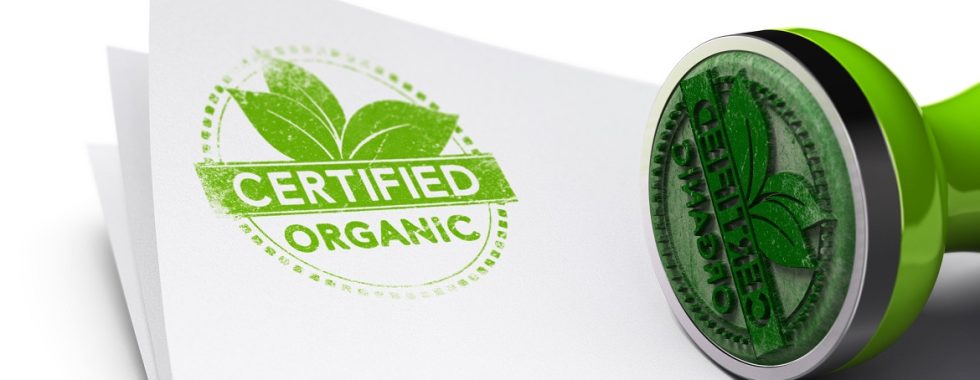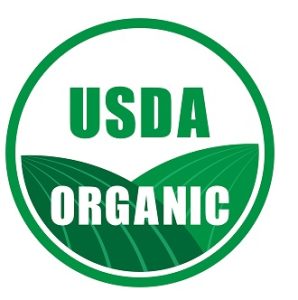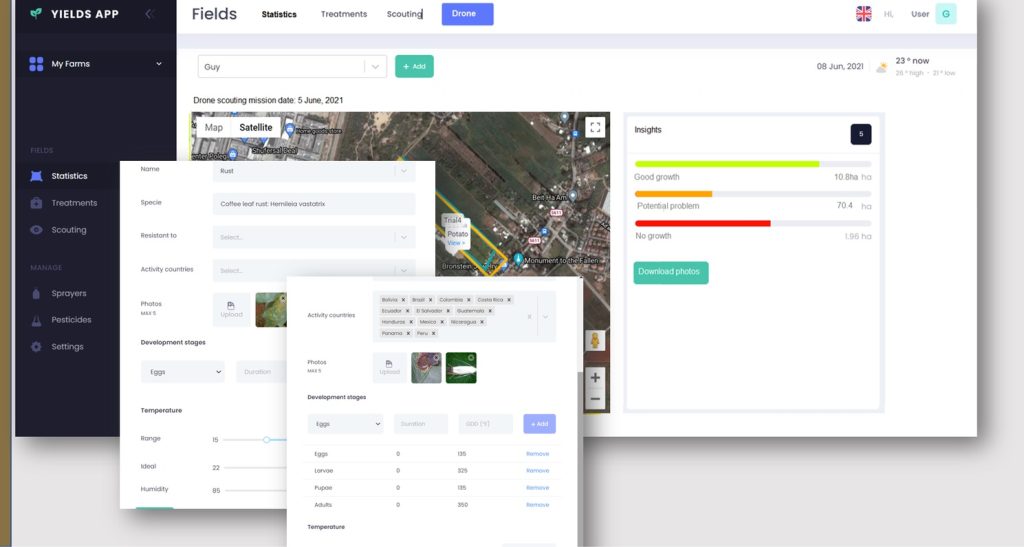Certification in agriculture
Certification is a set of standards and requirements that a product must meet in order to be certified.
Certification ensures that producers follow certain rules during the production process; these rules include, for example, using organic fertilizers, pesticides or herbicides on their crops; not using genetically modified organisms (GMOs); not using antibiotics or growth hormones in animals; and producing products according to national environmental laws.
For example, if you want your food product to be certified as organic, you’ll need to pay for an inspection and report by a certifier who can verify that your farm meets the requirements set out by government bodies or industry organizations.
A certification is often required in order for products to be sold at higher prices or receive value-added benefits such as preferential treatment or access to markets. Furthermore, having a certification, helps farmers to reduce risks.
Guarantee of compliance and positioning
Certification provides a guarantee of compliance with best practices established by the certifier. It’s an important way for producers to position their products in the market and demonstrate that their products meet certain standards. As the world becomes increasingly interconnected, consumers are demanding more information about how their food is produced and whether it meets their expectations for quality and safety.
Certification also allows producers to be transparent about what they grow and how it was grown so that customers know what they are buying.
But it is not just about quality and positioning. Third-party certification also helps drive improvements in farm management and productivity. They often acts as signposts to help producers understand how they might reduce risks associated with environmental degradation, food health and safety, animal welfare and fair trade.
Standardization and certification
Certification provides standardization in agricultural products. The aim is to guarantee a predictable supply of food, which results in better health for consumers.
Standardization is a process that ensures uniformity of quality among different producers or manufacturers; this means that there will be no difference between one producer’s product and another’s. It also provides consumers with confidence in buying products because they know exactly what they’re getting when they buy those products from various producers or companies. In other words: standardization makes sure everyone follows the same rules so everyone can be assured about their purchase decisions (i.e., buying certain brands).
Examples of certifications
There are several certifications available to growers that address different production systems and goals. Each certification offers different standards and requirements, as well as tools to help you achieve the standards. Here are some examples:
Certified Organic: This certification requires you to use organic methods for everything from soil fertility management to pest control but does not require any specific production system. It does, however, encourage producers to implement soil health practices such as crop rotation and cover cropping. While certified organic farms can be small or large-scale operations, they all must use organic materials on site whenever possible; if they import ingredients from offsite suppliers, they must verify their organic status through third-party audits conducted by USDA accredited certifiers like Quality Assurance International (QAI).
Certified Naturally Grown: This certification addresses many of the same issues as Certified Organic—for example, it requires producers who sell food direct from their farms or through farmers’ markets to use natural inputs when possible and encourages them to implement sustainable practices in their farming systems—but does not require them to follow specific requirements for how land should be managed or how crops should be grown (ie., no crops can contain GMOs). However , many CNG farmers do work closely with local universities and research institutions so that they may keep up with trends in plant breeding technologies while still producing high quality products without using GMOs themselves
USDA Organic: Certified USDA Organic products must be meet crop and soil fertility standards. Pests, diseases, and weeds must be controlled primarily using cultural practices. When those are not sufficient, registered botanical, biological or synthetic products that are approved on the National List (defines which non-organic products can be used in organic agriculture).
The Rainforest alliance
The Rainforest Alliance (RFA) – A non-profit organization that works with farmers, businesses, and consumers to protect forests, conserve biodiversity, and promote sustainable agriculture worldwide. RFA-certified farmers must meet stringent standards for things like sustainable farming practices and animal welfare. They are required to use only approved pesticides, fertilizers, and seeds; they must not use genetically modified organisms (GMOs); adequate housing for animals must be provided; The use of antibiotics or growth hormones on livestock is forbidden etc.
The standard is set by the RFA, but it’s up to individual producers or farmers to decide whether they want their products certified.
All farms that wish to be certified are required to submit annual reports detailing their production and sustainability practices, as well as provide proof that they’ve undergone an annual audit conducted by an independent third-party auditor.
Summary – the benefits of certification in agriculture
- Improved quality. Certification in agriculture helps to ensure that the product you are producing is of a high quality, whether it’s food or not.
- Reduced risk of food safety issues. Food safety is a major concern for those who buy and sell food worldwide, but certification can help reduce the risk of contamination.
- Increased market access. If your organization wants to expand its reach into new markets, certification can be helpful as well because it shows that your practices align with industry standards and government regulations and environmental sustainability efforts.
- Increased profits and sustainability: Certification can also lead companies toward greater profitability if they are able to charge higher prices for their goods due largely.
AI platform to empower farmers make the right decisions, while providing food and beverage companies the big picture
yieldsApp seamlessly brings together farmers and ag corporates and enables resilience throughout the food supply chain. It allows for transparency, standardization, traceability, compliance with regulations, and know-how dissemination. Food and beverage companies can access customized dashboards that provide aggregated data, allowing for more control, while achieving sustainability and reducing carbon footprint.





